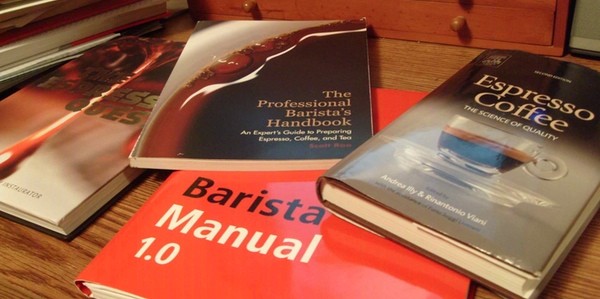Over the last two decades I’ve had a chance to travel all over the world. The great thing about traveling is, of course, the experiences of new sights and sounds. I remember, for instance, being in Moscow in the early 90’s when the news arrived that a new McDonalds was arriving, and of course making sure I was in that line to get something that was so easily accessible in other parts of the world, but not in Russia at the time. After a fairly long wait through that line, I eventually made it into those doors and it was as if I had stepped back into America. The same decor, same smells, same sounds, same outfits. Everything, yes, everything, was basically the same.
The are reasons for such experiences that are important not only for the standalone store, but also for the multitudes of stores around the world that share a common thread. It’s not by accident.
Its because there is a finely tuned operations manual that someone has poured over to make sure that every aspect of the business is captured and is transferable. For those interested in opening a coffee house franchise, there is probably no document more important that the words that guide how the business is run. Some call it the business Bible. Some call it the companies constitution. But whatever you call it, you better have one.
The mechanics of putting one together will probably be shared later. But for now, lets look at why its important in the first place.
- Clarity: The operations manual allows someone to understand and implement the business step by step. Its more than procedures (that’s a different manual). The operations manual covers all aspects of running the company beyond just the products and services. The manual might include things like:
- Introduction, Letter from the Founder
- Organizational Chart
- Employee Information (protocol, contact #’s, etc.)
- Human Resources (hiring/firing, vacations, overtime, payroll, etc.)
- Products & Services
- The Industry
- The Organization
- Business Management
- Daily Operating Procedures
- End of Week, End of Month, End of Quarter and End of Year Procedures
- Sales Policies and Procedures
- Customer Service Policies and Procedures
- Advertising & Promotion
- Reports & Records (business reports, keeping records, etc.)
- Safety & Security
- Maintenance & Repair
- Legal Matters
- Scalability: For a Coffee House Franchise, the manual creates uniformity among all locations, regardless of how many exist. Its this document that outlines what the locations should look like and how they should function. Are their variables in each location that make them unique? Of course. But the core of the business remains the same. Its about expectation .. if I go to a Subway anywhere in the world I am fairly confident I can get a 12″ ham and cheese. Again, not an accident.
- Predictability: The manual provides a baseline of expectation for all employees and motivates them to improve upon it. The face of your business are your employees. They are your best advertising. Setting the standards for them in appearance, customer response, anticipation in problem solve, etc. is critical for you to determine before you high people.
Don’t be fooled. Writing an operations manual is a long, tedious task. I recommend developing one with other staff members who can contribute. I look using Google Docs for these kinds of projects so that all the edits can be seen by everyone involved.
And the good news is, if you are a franchisee, you DON’T have to write a manual. Its already been done for you, will be provided to you, and will remove half a million questions that you would have normally had. I often tell potential franchisees that they cost of a franchise fees is a single decisions that prevents a person from having to make tons of decisions.
Have you had experience in writing an operations manual?
